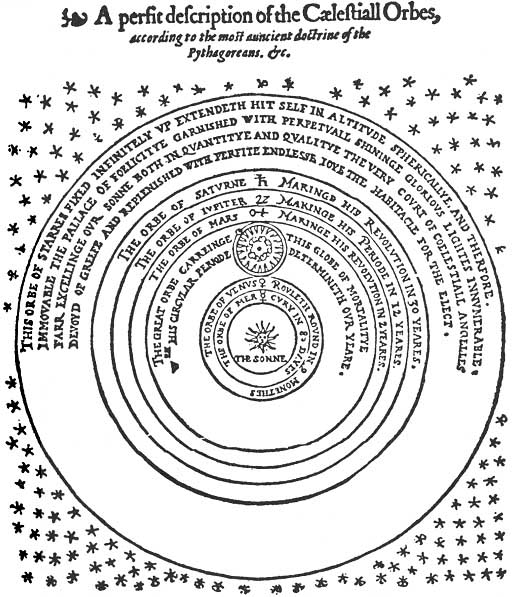
Speculative metaphysician al-Kindi used a bit of Aristotle and some clear reasoning to argue that the Universe couldn't be infinite or eternal. Using Aristotle against Aristotle, he reasoned that since a physical thing can't be infinitely large, and since time is an aspect of the physical Universe, the Universe can't be eternal. (Aristotle himself thought that since the motion of the heavens was perfect, the Universe had to be eternal.)
If the Universe were eternal, it would have taken infinity days to get to this one. This means that today couldn't arrive. So the Universe isn't eternal. Now the Big Bang theory is well established, but most post-Newtonian physicists assumed that the Universe had to be eternal. (And post-Spinozan materialists, I might add.)
The trouble is, the infinite-Universe crowd adapted what was basically a neo-Pythagorean piece of mysticism from Augustine and other theologians, who were the first to argue for infinite space.
Hi!
ReplyDeleteThere's actual proof available to you every night that the universe is not infinite: the dark sky.
If the universe were infinite, the sky would be blindingly white with an infinite amount of radiation.
This also does a number on Nietzsche's eternal return.
ReplyDeleteThe Big Bang Theory has some counter arguments, such as the one provided by the Big Bounce, which describes the beginning of our Universe as simply one in a series of bounces. So I guess it's more a contraction and expansion. I don't know terribly much about the theory, but it did seem relevant to bring up. It seems to mathematically work out with new theories of loop quantum gravity. This is territory that's new and rather foreign to me, so if anyone knows anything more, please let me know. Also, I'm not sure I understand Henry's comment...
ReplyDeleteFirst, I think we need to distinguish (perhaps you did) infinity and eternity, and I think it's important to think through the fact that the Greeks may have had a conception of the latter but not the former (yes, they had a mathematical notion of being without end, hte unmoved mover was eternal, not infinite).
ReplyDeleteThanks Henry!
ReplyDelete